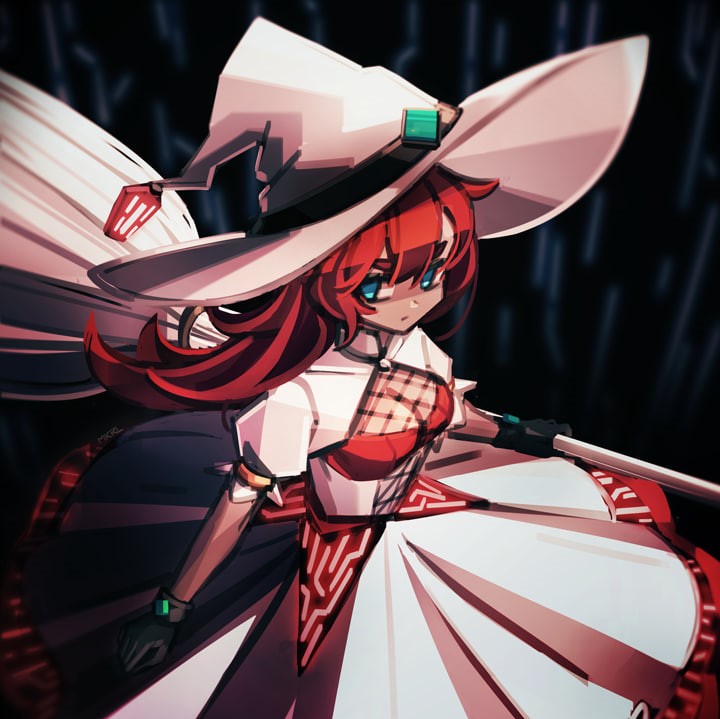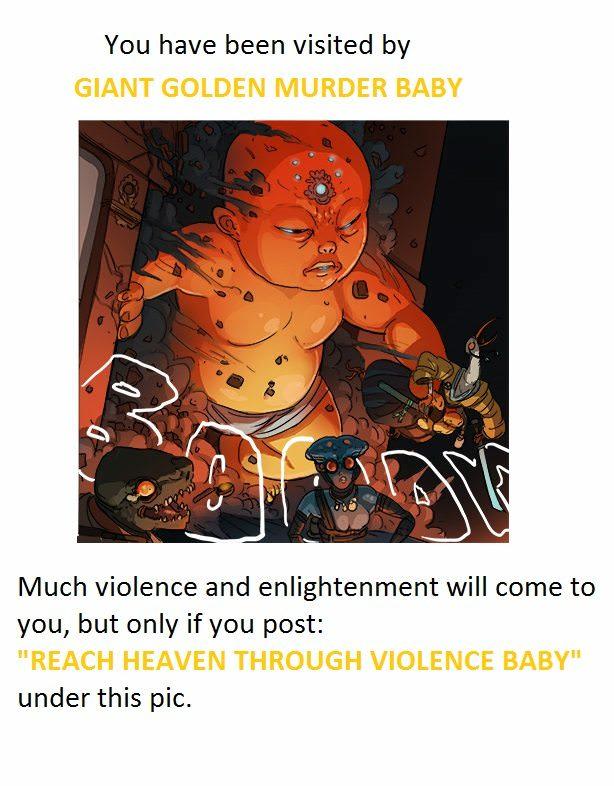

Be sure to subscribe to Kenny’s newsletter


Be sure to subscribe to Kenny’s newsletter


Kenny klipz banned for this


For the comrades who want the 5-4 episode here you go:


Man with a movie camera is so incredible. It’s truly an achievement of Soviet art


Winco is amazing because it’s also employee owned.


Honestly the fact is that shoplifting bananas and shit is way more moral than holding up a store ethically as well.
Hell, you can even ring up everything as bananas at the self checkout, though it’s probably simpler to just walk out.
It’s always been moral to jean valjean that bread. Beyond that, it becomes murkier and I really can’t endorse holding places up.


I’ve been seeing a therapist the past 6 months. Got a lot of stuff in my past I’m trying to work through.
I think that as long as you recognize therapy is there to help you cope with the hellworld we live in I think it’s valuable. It’s also good for just understanding yourself and your own relationships better (I’ve been working through some shit with my family).
It isn’t a cure all though. I think recognizing what it’s for and why you’re in it is important.
However, I am probably going to cut back to once a month pretty soon. Was starting with two a month because a lot of crazy shit happened right after I started therapy so like, shit was busy.


You forgot the truest one for us all:
Reach heaven through violence.



It’s pretty good.
BTW, for the new readers:
Below most pages there’s going to be text – you should read it. It has additional lore and some of the maxims that are meme-able and fun.
There’s also alt-text for each comic – not all of them are lore-based (sometimes it’s the artist just memeing) but it’s important for the full KSBD experience.


Sorry, the actual American “undecided” voter wants Medicare for all but also wants to kill every Palestinian and also allow employers to put their workers in gulags


Hey comrades, this one’s for you.
I’m not sleeping yet though 


Having a couple staff to help elderly, etc should be the norm.
However the problem is ppl aren’t getting those other jobs, so the robot till just allows for layoffs.


This user’s post is not Cheese-Kun approved.
Even though it’s horny, it’s definitely worth your time. When you have a school festival to plan and coup d’etat to organize, you know you’ve reached peak Geass



How is it she found the most racist names for everyone


the opportunity he had to solidify the humanization of Shylock and the injustice he faced but no that was a comedy and yes audiences of his time thought it was joyous that Shylock lost his livelihood
I assume you’ve read Marlowe’s Jew of Malta, at once 1000x more horrible but also more radical since it’s a tragedy and not a comedy.
And yeah bardolotry is cringe and I feel ppl that actually study Shakey nowadays are way less prone to it (though it’s still there). If nothing else, there’s a deep Marxist tradition in the academy now that pushes back on great man theory.
Say what you will about the new historicisists, they gave us that at least


Oh yeah the regime propaganda is an issue, and we can never fully “absolve” any artist of the time for their monarchist propaganda.
Of course Dollimore’s Radical Tragedy is a good thing to keep in mind here - thanks to the existence of the state censor, the degree one could radically oppose monarchy was circumscribed by the conditions of artistic production. You can do a Richard II and present Bolingbroke as politicking (casting doubt on Tudor and later Stuart ideology about divine right in the process), but unfortunately the peasant uprisings are always dealt as if they are beyond the pale and the most you might get is some good rhetoric from their leaders.
But we can’t forget this was all produced under a state censor (indeed we should emphasize it!) since it shows the limits of imagination imposed on Shakespeare, and if you’re into his “genius” then you can point to the radical elements he did include in spite of this regime.
However I really don’t think he’s more than a great mixtape artist, mashing up good bits in pleasing ways. He was an artist for the people, and that’s the thing worth celebrating.


Michael Bay movies of the Renaissance
Oh come-on, he was more of a Tarantino. Remixer of other more artistic playwrights to make mass culture.
Also equally purient and into the lowbrow. Which is part of why he’s notable, he was the first real “pop” culture that was made for all classes, rather than just either aristocracy or peasants/tradesmen (i.e. medieval cycle dramas were for the later, the poetry the former).


Coleridge slaps. Also Kubla Khan mercifly tells you that it’s drug poetry right away, so it’s easy to understand as the “fragment of a dream” or whatever he calls it.
I like the 17th century lyric poetry (Donne, Marvell, etc) though. Very intricate, but in an accessible way (just follow the complex sentence).


Comrade, I’m so glad you’re back.
Your gate for techbro/reddit “culture” is so pure and no one on this site does it better.

Yeah sadly you won’t get no man’s sky, where they work to fix what is broken about the process.
Btw, I feel like the NMS arc is very similar to what ppl will have to do w AI slop. Like, you could take a prompt but then the amount of work to make it good is going to be massive.
Credit to those devs tho, they’ve really delivered (years later) a great space experience